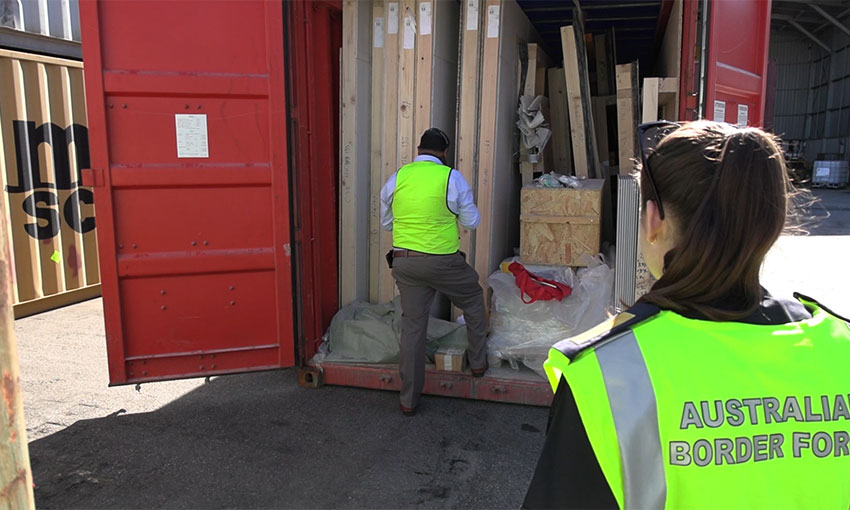THE Australian Border Force (ABF) is undertaking a targeted period of action against imported building products at risk of containing asbestos.
Asbestos is a prohibited import and it is dangerous. Breathing in asbestos fibres can have devastating health effects and is known to cause asbestosis, lung cancer and mesothelioma.
The ABF said between 1 July 2020 and 31 March 2021, it served 102 infringement notices totalling $902,918.
Asbestos is a Tier 1 good under the Customs Regulation 2015, and carries significant penalties for its unlawful importation.
For individuals, offences relating to asbestos imports can attract fines of up to $222,000 or three times the value of the goods, whichever is greater, and/or imprisonment for up to five years. For a body corporate the same border offence attracts a higher penalty of up to $1,110,000 or fifteen times the value of the goods, whichever is the greater, in accordance with the Crimes Act 1914.
Asbestos has been detected in building materials such as cement fibreboards and panels, pre-fabricated housing kits, cut stone and tiles. Parts, components and structural goods designed to resist heat or flammability may be of particular risk.
No intention of holding up legal building materials
Assistant minister for customs and community safety Jason Wood said the ABF communicates instances of asbestos detected in imported goods on the ABF website, through the Asbestos Safety and Eradication Agency website and in the ABF’s quarterly Goods Compliance Update, to advise industry of emerging asbestos risks.
“The intention is not to hold up any legitimate and safe building materials, particularly during this housing boom which boosts our economy, the intention rather is to protect the Australian community from asbestos,” Mr Wood said.
“This is exactly why we are urging importers to consider if they may be unintentionally bringing in Asbestos, and take into consideration whether the country of manufacture allows any use of asbestos in the goods they are importing.”
Ban on all types of asbestos imports
Australia is one of the few countries in the Asia/Pacific region that has a comprehensive ban on all six types of asbestos.
Australian Border Force Assistant Secretary Brett Cox said importers and customs brokers must be aware of Australia’s asbestos import prohibition.
“Before goods are imported into Australia, importers must have adequate documentary evidence to be able to show the ABF that their goods, if at risk, do not contain asbestos. This can be achieved by engaging with their overseas suppliers before purchase. Importers must not assume that goods contain no asbestos. An asbestos-free declaration, on its own, is not evidence,” Mr Cox said.
The ABF expects importers to be able to demonstrate that they have undertaken adequate assessment for their goods that are known to be at risk of containing asbestos, or are supplied from countries with asbestos-using industries.
If importers are not able to provide the ABF with appropriate evidence and assurance that their imported goods do not contain asbestos, the importer will be directed under the Customs Act 1901 to have the building materials sampled and tested for asbestos, prior to release, at their expense. Goods that test positive for asbestos are seized and disposed of.

